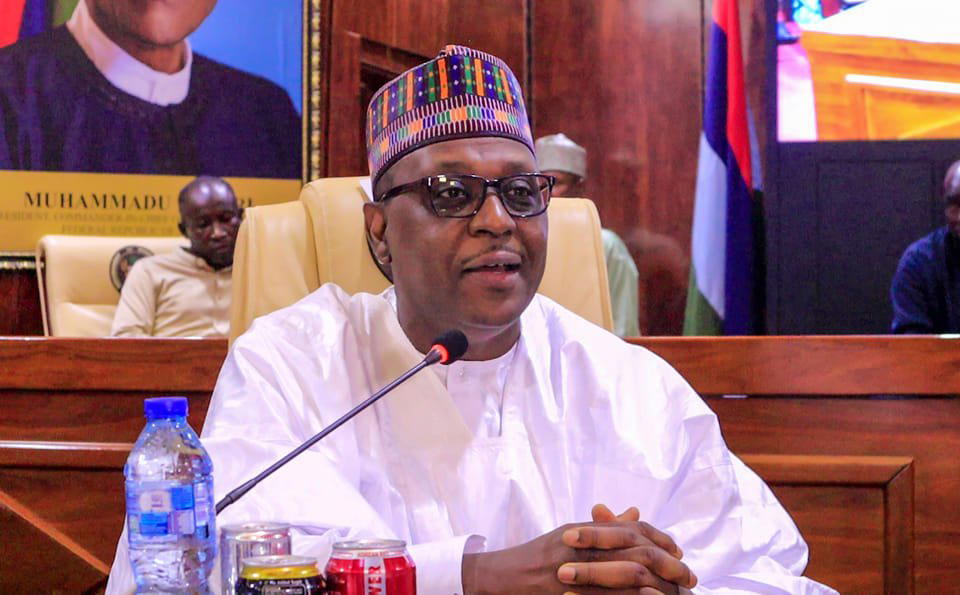The Federal Government states that it has disbursed more than N192 billion to strengthen primary healthcare facilities across Nigeria since the Basic Health Care Provision Fund (BHCPF) commenced disbursements in 2019.
Dr Muyi Aina, Executive Director and Chief Executive Officer of the National Primary Health Care Development Agency (NPHCDA), said this in an interview with the News Agency of Nigeria (NAN) in Abuja.
Aina spoke against the backdrop of the recent National Health Financing Policy Dialogue,
NAN reports that the dialogue, with the theme, “Reimagining the Future of Health Financing in Nigeria” was organised by the National Health Insurance Authority (NHIA) and partners.
It sought to reimagine financing models that make healthcare more equitable, sustainable, and accessible for all Nigerians.
Aina stated that currency fluctuations and rising service costs continue to strain Nigeria’s health system, even as budget allocations are increasing at both the federal and state levels.
He said that out-of-pocket expenditure still accounted for a disproportionate share of healthcare spending, with the public sector’s contribution at just 14 percent.
According to him, the government has mobilised N3.5 billion, 60 percent of which is pooled from mechanisms such as the BHCPF, Global Fund, Gavi, and PEPFAR.
He said that the fund was mobilised through the Sector-Wide Approach (SWAp) and the Health Sector Renewal Investment Initiative.
Aina said that 8,309 facilities nationwide now received quarterly funds under the BHCPF.
“Allocations were recently scaled up from an average of N300,000 to between N600,000 and N800,000 per quarter, depending on facility size and patient volume.
“The reform, dubbed BHCPF 2.0, is designed to address real operational costs at the facility level, supporting human resources, essential commodities and infrastructure.
“Even though budget allocations are growing, the cost of healthcare delivery, vaccines, TB medicines, malaria commodities, and operational programmes is rising even faster,” he said.
He expressed the government’s commitment to closing existing financing gaps through stronger co-financing at the federal, state and local government levels, coupled with performance-based accountability measures.
He said that the Federal Government was set to roll out a direct funding mechanism nationwide to enhance accountability in healthcare spending.
“The model, already piloted in four to five states, allows payments for commodities and health worker salaries to be made directly into designated accounts, making the process transparent and traceable.
“These are the sorts of things we are trying to do to ensure that funds reach their targets without leakages,” he said.
The NPHCDA boss also stated that the government’s analysis revealed that between 15 percent and 25 percent of non-campaign vaccines in Nigeria cannot be accounted for.
He said that the losses could stem from wastage, inaccurate population estimates, procurement inefficiencies or weaknesses in vaccine management systems.
He said that further state-level analysis was underway to close the accountability gap.
Aina said that the Federal Government was investigating discrepancies in vaccine utilisation across several sub-national units, with some reportedly consuming up to four times more vaccines than their recorded coverage rates.
He said that while border states may vaccinate non-Nigerian citizens, the scale of discrepancies points to deeper issues of accountability, wastage or faulty forecasting.
“We are now telling states to go down to the local government level, identify where the problems are and fix them,” he said.
He said that through efficiency measures, the government had reduced projected vaccine procurement costs for the next five years from $ 1.5 billion to $1 billion, ensuring smarter spending of limited resources.
The post FG mobilises ₦192bn for primary healthcare as cost rises appeared first on Vanguard News.

